Productions should acknowledge freelancers’ spend on technology, says Fraser Barber
Productions pay a fixed rate for gear, and it’s pretty much a non-negotiable part of a freelancer’s contract regardless of how new the kit is.
But with little or no increase in rates over the past few years, it feels like an unsustainable position.
I upgraded most of my kit last year when I was working on Sinbad for Sky 1.
It was a nine-month shoot and a good reason to invest in new kit, so I bought a Zaxcom Deva 16 hard disk recorder.
I was glad I did, because for a series like Sinbad, there were some tricky locations and it was sometimes hard to decide the best way to capture the sound until we were about to start shooting.
With 16 tracks, I had enough available for six or seven actors on separate mics, as well as two booms.
There was a good budget for kit on Sinbad, so I felt it was worthwhile to invest. But I’m now using that kit on other productions, some of which are paying me the same rate as six years ago.
On The Paradise, a new eight-part BBC period drama, I have been using Schoeps Super CMIT directional mics. They are excellent at cancelling out background noise and we have used them to great effect on the exteriors.
We’re filming near the A1, and with decent positioning, they can make the road noise pretty much disappear. I have been amazed at the results; they have definitely saved time because there have been instances where we would have needed another take if we were using a different mic.
They cost around £2,800 and, in an ideal world, you might be able to say to the production: “I’m using these so I need an extra £100 per week to cover the cost.”
What is more likely than getting an increased payment is being told to use your old mics, but as a professional, once you know there is a piece of kit that will help you do a better job, you have to use it.
There is no doubt that advances in technology have offset shorter production schedules. But the kit can only take you so far and forward planning is vital.
Thankfully, I was involved with The Paradise early on and one of the discussions we had was with costume designers about the best materials to reduce the sound of rustling.
Another of the debates we had was about the surface of the road outside the main house we were shooting in. There was talk of a sand or gravel mix, but having had experience of that kind of surface on another period drama, I knew it would make life difficult, so we opted for a cobbled street instead.
The sound of crunching could have been balanced in post, but if we had to resort to ADR every time we shot outside, it would be costly and laborious.
Involving a sound recordist early on can help to iron out a lot of problems; if the kit can’t help, our experience can.
➤ Fraser Barber is a freelance sound recordist. His credits include Silent Witness, Whitechapel, Sinbad and upcoming BBC drama The Paradise
This article is taken from the September/October issue of Broadcast TECH. Click here for the digital edition








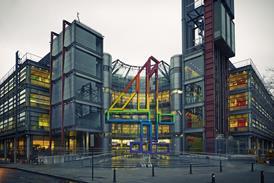
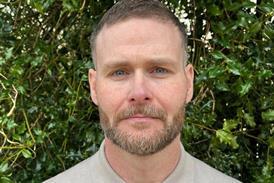

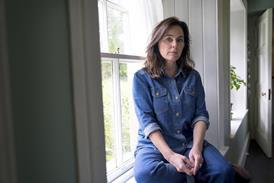
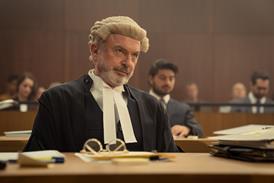
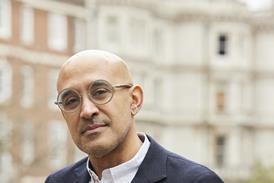
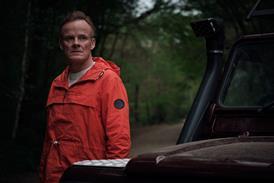
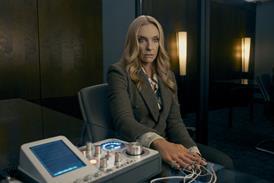
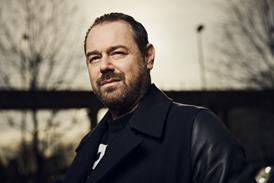

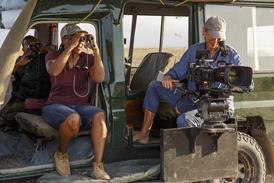
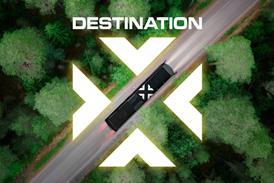
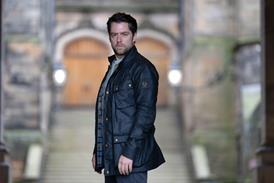




No comments yet